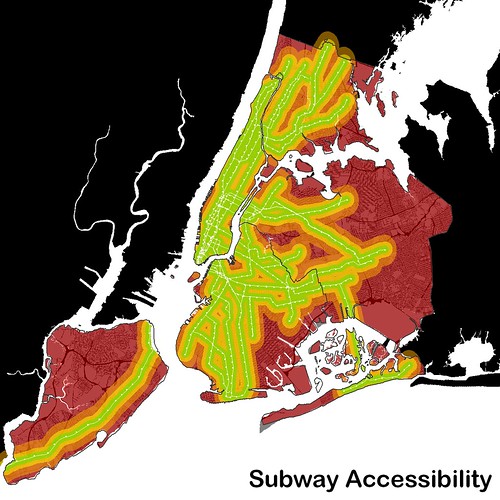Learn how to make your pet project, your awesome online mapping service be as good and as fast as Google Maps. It may require millions of investments and you have been warned. :)
How to make your online mapping service be as good and as fast as Google Maps
If you’re a GIS professional, I’m sure you have wondered at least once or twice about how Google managed to provide a very reliable and robust online mapping service in Google Maps.
Nobody knows really and Google is not telling. The only clues we have so far seems to be unrelated (referring to Google’s Container Data Center and Custom Web Server) but who knows, there might be something there that can help us understand a little bit about their awesome Google Maps data centers.
Dave Williams from AETCOM seems to have an idea or two. As a GIS System Architect, he has deployed a few super fast online mapping applications on demanding networks such as the US Department of Defense. His experience told him that in order deploy an online mapping service that is on par with what Google Maps has provided for millions of satisfied users, developers and architects must pay significant attention to the following keys:
- Data or content must be pre-rendered
- Data or content must be geographically distributed
- System and data performances must be continuously tuned and improved
Huh!? Well, at least I have learned something from all this. Forget about making money from GIS! I’ll just stick with internet marketing, it is so much easier! :)





0 comments:
Post a Comment